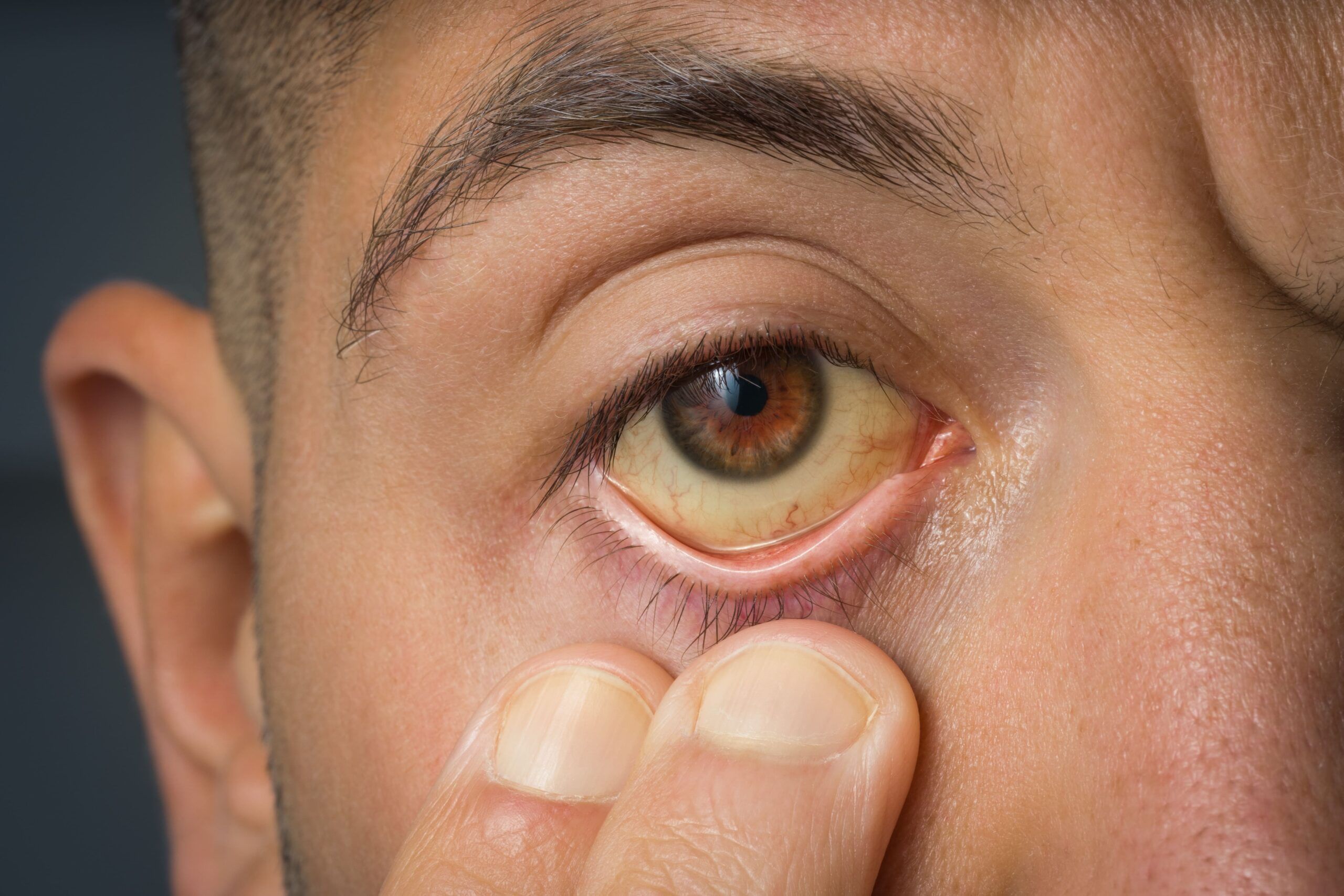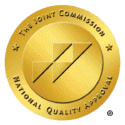
Yellow Eyes From Drinking Alcohol
Yellow eyes from drinking alcohol can be a sign of a serious, potentially fatal, health problem. Anyone who experiences this symptom should seek immediate medical attention.
What Does it Mean When Your Eyes Turn Yellow From Drinking Alcohol?
If you develop yellow eyes from drinking alcohol (or alcoholic jaundice), this may mean that you have a dangerous condition known as alcoholic hepatitis.
In addition to impacting the sclera (the white part of your eye) alcoholic jaundice can also cause yellowing of your skin.
The only way to be certain if you are experiencing alcoholic jaundice, or if some other cause is responsible for your yellow eyes, is to be examined by a qualified medical professional.
Can You Get Rid of Yellow Eyes From Drinking?
Once they understand what has caused their eyes to become yellow, many people wonder if alcoholic jaundice will go away. The answer to that question depends on how severe your condition has become.
Yellow eyes from drinking alcohol may be reversed in the following circumstances:
- The cause is diagnosed early enough.
- You quit drinking.
- You receive appropriate medical care.
This underscores the importance of never ignoring symptoms such as yellowing eyes or skin. Waiting to get help can have devastating consequences.
Understanding Alcoholic Hepatitis
As we mentioned in the previous section, yellow eyes from drinking alcohol can be a sign of alcoholic hepatitis. But what is alcoholic hepatitis, and are their symptoms other than jaundice that may indicate you’ve developed this condition?
Alcoholic hepatitis is the second of three stages of alcoholic liver disease. It occurs after fatty liver and before alcoholic cirrhosis. These conditions are caused by the strain that heavy drinking places on the liver. Over time, your liver will develop fatty tissue, then scarring. As this damage worsens, the ability of your liver to filter toxins from your bloodstream will diminish.
Signs & Symptoms
In addition to yellow eyes from drinking, other signs and symptoms of alcoholic hepatitis include:
- High body temperature
- Loss of appetite
- Bloating
- Tenderness or pain in the abdomen
- Persistent exhaustion
- Weakness
- Nausea and vomiting
- Dark, bloody vomit
Dangers
If alcoholic hepatitis is not diagnosed in time and treated appropriately, the potential negative effects can include:
- Malnutrition
- Confusion and disorientation
- Muscle stiffness and tremors
- Progression to alcoholic cirrhosis
- Irreversible scarring of the liver
- Liver failure
- Kidney failure
- Coma
- Death
Will Going to Rehab Cure Alcoholic Hepatitis?
To have any chance of preventing alcoholic hepatitis from causing additional harm to your body, you must quit drinking. Since most people who develop this condition are also struggling with alcohol use disorder (alcoholism), this may be extremely difficult to accomplish.
Going to rehab can help you end your alcohol abuse and learn how to live a sober lifestyle. Unfortunately, rehab doesn’t guarantee that you will be able to reverse the effects of alcoholic hepatitis. That depends on several factors, including the extent of the damage that you have already incurred and the type of treatment you receive.
In cases of severe alcoholic hepatitis, the only remedy may be a liver transplant.
Treatment Options for Alcoholism
The best time to get treatment for alcoholism is the moment you realize you have developed an addiction. You don’t have to wait until you’ve hit rock bottom, lost your job, ruined your relationships, or developed symptoms such as yellow eyes from drinking.
If you think you may need help, make an appointment for an assessment today.
There is no single course of alcohol treatment that works for everyone. If your assessment results in a diagnosis of alcoholism, the professional who evaluated you should be able to recommend options that align with your history, needs, and goals.
The right treatment options for you may include one or more of the following:
- Detoxification: Detox is a short-term program that offers medical and therapeutic support to help you get through alcohol withdrawal. Many people don’t realize that, in severe cases of alcoholism, trying to complete withdrawal without professional care can be fatal.
- Inpatient rehab: At this level of care, you will live at the center where you are receiving treatment. Inpatient rehab features multiple forms of therapy and support services as well as round-the-clock supervision.
- Outpatient treatment: This level is ideal for people who don’t need 24/7 monitoring. Some patients step down to the outpatient level for additional help after completing inpatient rehab. Others transition directly from detox to outpatient care.
When you are evaluating rehab centers, be sure to ask about which levels of care they offer and how they will determine which services are right for you. Addiction affects everyone in a unique manner. To be most effective, treatment should be a personalized experience that addresses your specific needs.
Contact Our Alcohol Rehabilitation Center in Los Angeles, California Today
Sanctuary Treatment Center offers a full continuum of care for adults in the Los Angeles, California, area who have become addicted to alcohol and other drugs. We also serve adults whose struggles with addiction are accompanied by anxiety, depression, and certain other co-occurring mental health concerns.
At Sanctuary Treatment Center, you can expect to receive close personal attention and comprehensive support from a team of supremely talented professionals who truly care about you. We understand how devastating untreated addiction can be, and we want you to experience the hope and joy of sustained recovery.
To learn more or to schedule a free assessment, please visit our Contact Us page or call our center today.


